
Close

Training on media, information and Digital Literacy is under way at Kilole Hotel at Bishoftu involving CDCB staff, Volunteers and government and private media professionals. The training has been organized by the CDCB with support of the National Endowment for Democracy (NED). Content of the 2 day training covers the meaning and definition of Media Literacy; the necessity for media and information literacy; analysis of media and information contents; investigation on the media source; analysis on online sources of news; understanding the Internet and Social Media; and ethical use of Social Media.
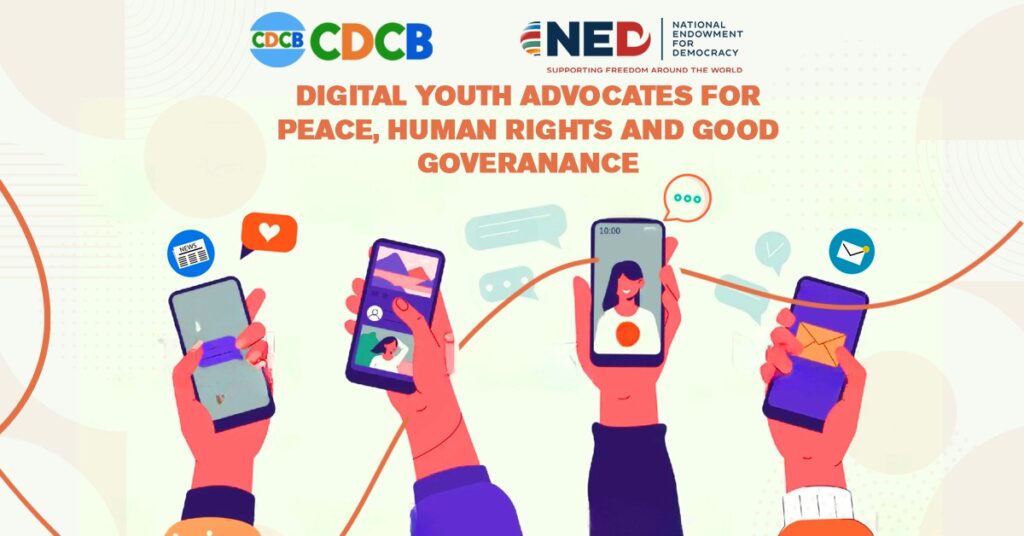
The trainer, Yohanes Shiferaw (PhD) explained the importance and the extent of influence of media as saying the mass media are the main sources of information for today’s society attributed as critical features of everyday life. He added that they disseminate almost all the information the world consumes in which their influences and effects are felt across the globe transgressing social and cultural boundaries. Referring to the context of the technological information society, he said the media generate a framework within which the socialization and acculturation of youths takes place.
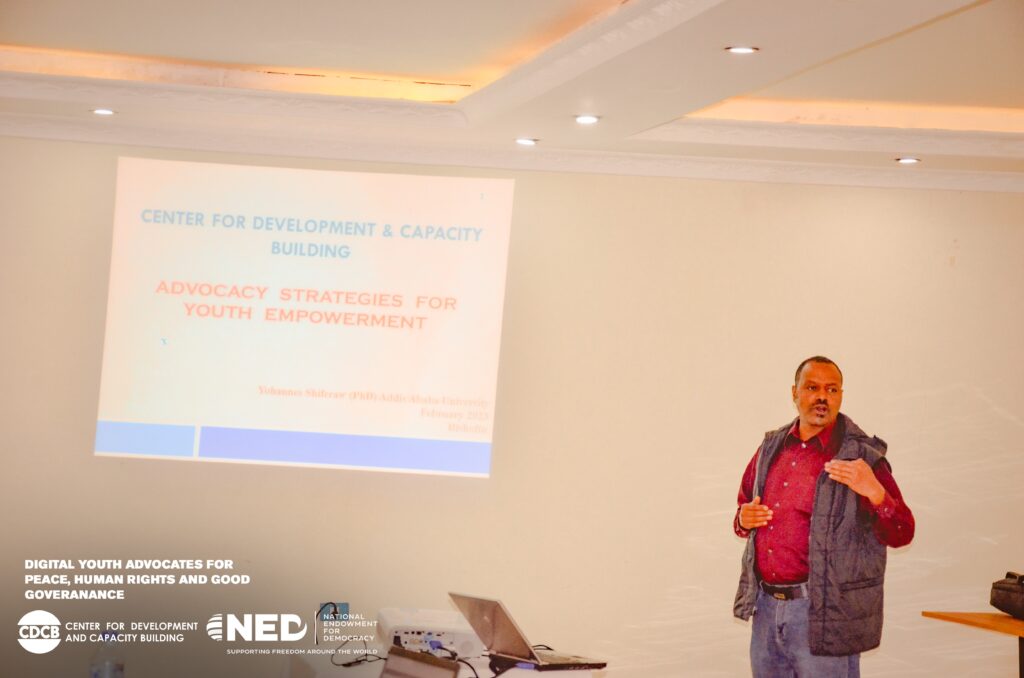
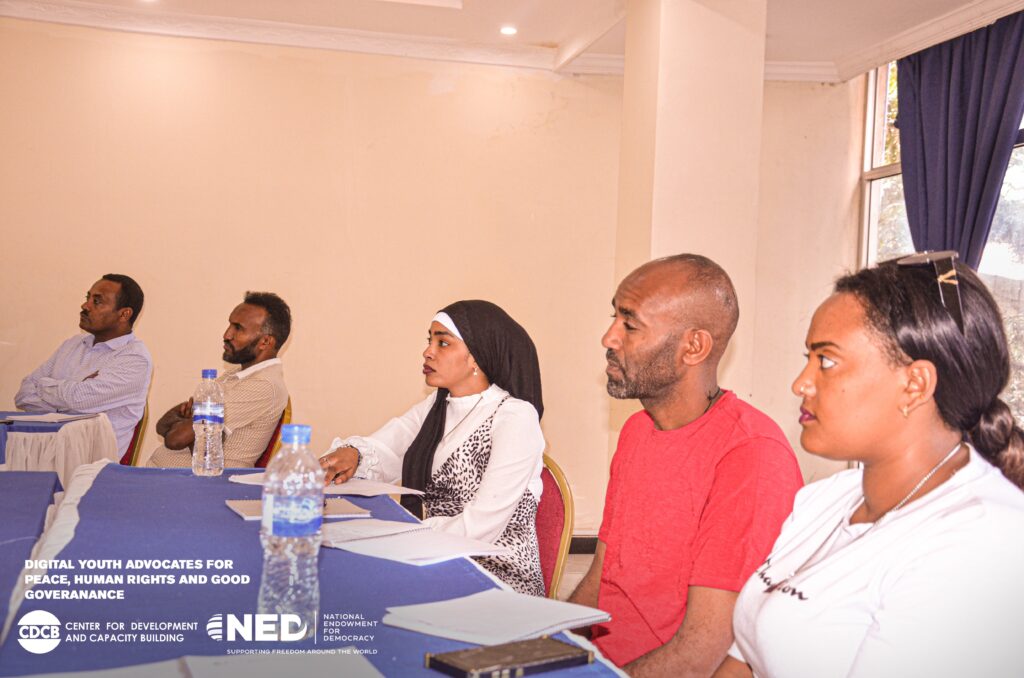
Discussion was held on this issue citing arguments that families in the traditional societies that once had strong attachment owing to close interaction in which culture and societal values were passed over from generation to generation are disintegrating. Participants raised that as the result of the effect of digital media, individualistic tendency overtakes communalism and fellow feeling due to fixation to the machine rather than connection to the human being, behavior which could result in depression, according to psychiatrists. That is becoming the negative attribute of digital technology posing a challenge in altering the way of life of societies across the globe towards undesirable ends even though the positive aspects are also immense; digitalization has dramatically altered information accessing, creation and exchange.
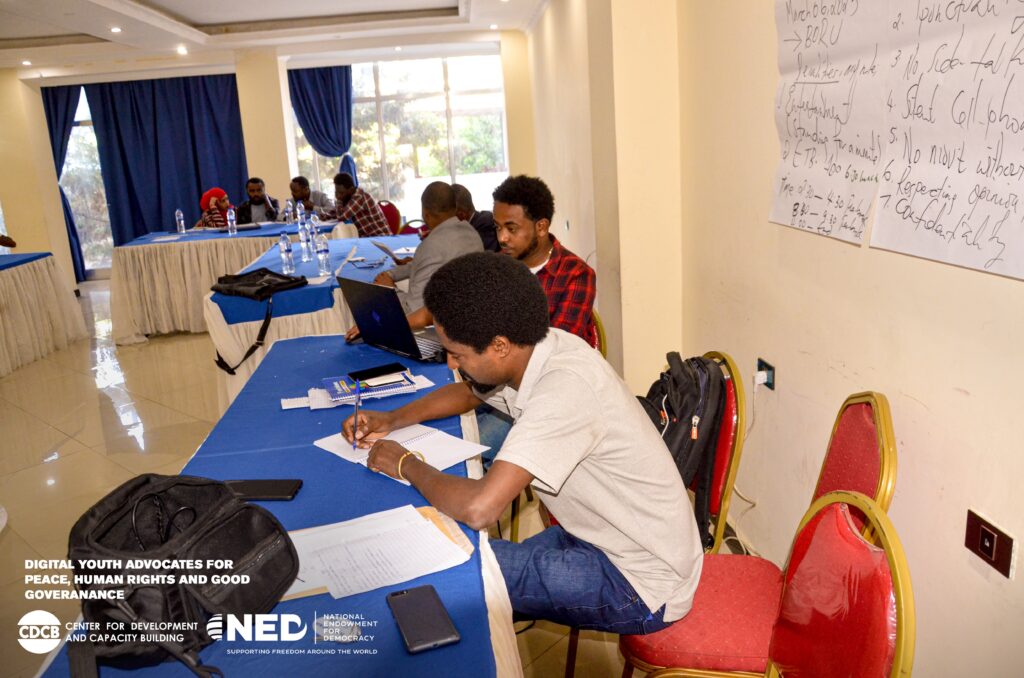
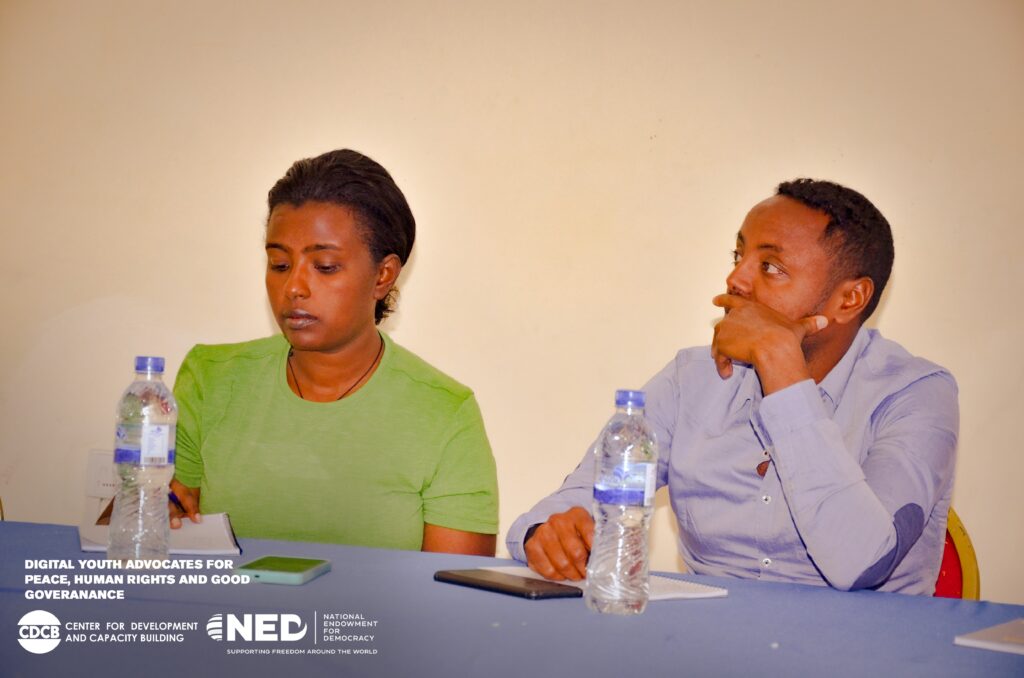
In defining the Mass Media the trainer gave definition from two sources: (1) “Mass media are modes of mass communication whereby information, opinion, advocacy, propaganda, advertising, artwork, entertainment, and other forms of expression are conveyed to a very large audience.” (Encyclopedia Britannica); (2) “Mass Communication is the process whereby media organizations produce and transmit messages to large publics and the process by which those messages are sought, used, and consumed by audiences.” (Littlejohn and Foss, 2005) The trainer gave definitions of the terms and phrases for a better understanding of the concepts that pervade through the entire training material.
Hence he added the followings on Literacy and Media Literacy: “The word literacy in its literal meaning refers to the ability to read and write and have knowhow of some level of arithmetic. Literacy in its broadest sense describes particular ways of thinking about and doing reading and writing with the purpose of understanding or expressing thoughts or ideas in written form in some specific context of use.” Having indicated that, nowadays, media literacy has become a topic of discussion and concern for academics and policy makers in many countries, he cited the following on Media Literacy:
“Media literacy is concerned with developing an informed and critical understanding of the nature of the mass media, the techniques used by them, and the impact of these techniques.” (Livingstone, 2004)
Having explained the background to the media we shall try to cover henceforth briefs about important contents in such a way that they attract the audience and easy to grasp.
Meskel Square Science and Technology Building 5th Floor
Mon – Fri: 8:00 am – 5:00 pm
Get latest CDG news, articles, and resources, sent straight to your inbox every month.